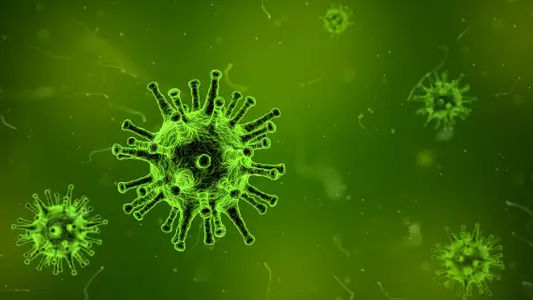The World Health Organization has given newly identified monkeypox virus strains new names.
Clades I, IIa, and IIb of Monkeypox have been designated by the World Health Organization. The phylogeny and nomenclature of known and new monkeypox virus variations or clades were assessed by experts in pox virology, evolutionary biology, and representatives of research institutes from around the world.
In accordance with current best practices for disease naming, which aim to “avoid offending any cultural, social, national, regional, professional, or ethnic groups, and minimise any negative impact on trade, travel, tourism, or animal welfare,” WHO stated that the decision was made following a meeting of scientists this week.
Also Read| As WHO decides if monkeypox is racist, here’s how viruses are named
WHO released a statement that said -“A group of global experts convened by WHO has agreed on new names for monkeypox virus variants, as part of ongoing efforts to align the names of the monkeypox disease, virus and variants–or clades–with current best practices. The experts agreed to name the clades using Roman numerals.”
Also Read| Why WHO wants to rename monkeypox
A Roman numeral for the clade and a lower-case alphanumeric character for the subclades will serve as symbols for the correct naming structure. As a result, the new nomenclature includes Clade I, Clade IIa, and Clade IIb, with the latter designating the group of variants that were primarily in circulation during the 2022 global outbreak. As the outbreak develops, lineages will be given the names that scientists have suggested. The experts will meet again as necessary.
Also Read| United States First Lady Jill Biden tests COVID positive: White House
Before the current best practises for naming diseases and viruses were adopted, the monkeypox virus was given its name upon its initial discovery in 1958.
While work on the disease and virus names continues, the new names for the clades will take effect right away.
WHO classified the outbreak as a global health emergency, over 31,000 cases have been confirmed globally since the beginning of the year, and 12 people have died as a result.







